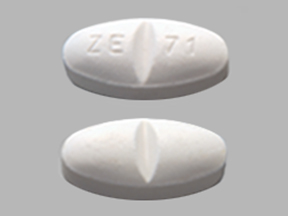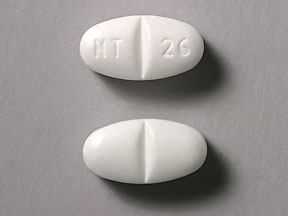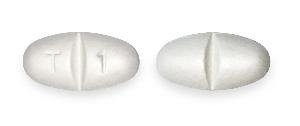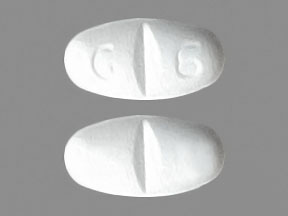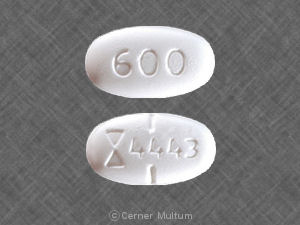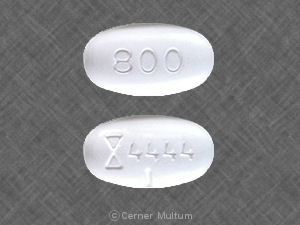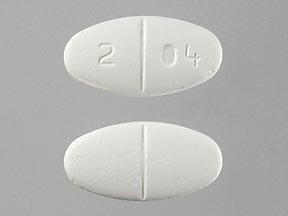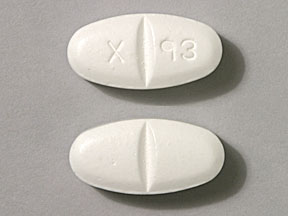Both Lyrica and gabapentin are used as anti-epileptic medications and to treat nerve pain.
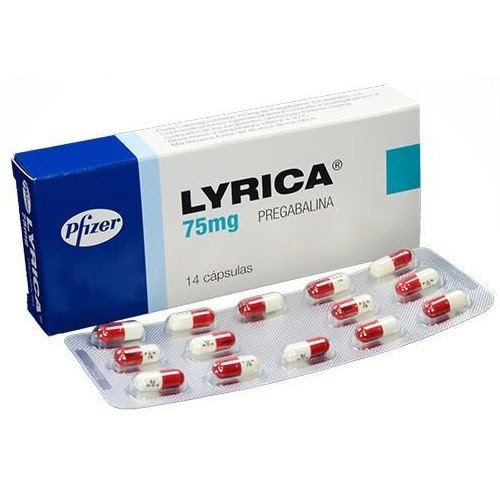
Lyrica was originally FDA approved as an anti-epileptic drug, also called an anticonvulsant. It works by slowing down impulses in the brain that cause seizures. Pregabalin also affects chemicals in the brain that send pain signals across the nervous system.
Lyrica is used to treat pain caused by fibromyalgia, or nerve pain in people with diabetes (diabetic neuropathy), herpes zoster (post-herpetic neuralgia), or spinal cord injury.
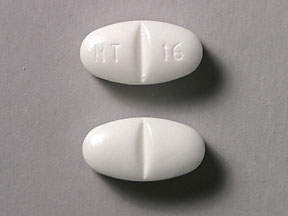
Gabapentin (Neurontin, Gralise, Horizant) is a medicine used to treat partial seizures, nerve pain from shingles and restless leg syndrome. It works on the chemical messengers in your brain and nerves. Gabapentin is from a group of medicines called anticonvulsants.
Different brands of gabapentin are not interchangeable and they are FDA approved for different conditions. Use only the brand and form of gabapentin your doctor has prescribed. Check your medicine each time you get a refill to make sure you receive the correct form.
Neurontin (gabapentin) is used to treat pain you may have from shingles (postherpetic nerve pain). It is also used with other seizure medicines for partial onset seizures in patients 3 years and older.
Gralise (gabapentin) is only used for pain after having shingles (postherpetic nerve pain). It should not be used for any other medical condition.
Horizant (gabapentin enacarbil) is an extended release tablet used to treat restless legs syndrome and for the pain from having shingles (postherpetic nerve pain).
Generic brands of gabapentin capsules, USP are used for postherpetic nerve pain and for add on therapy for partial onset seizures in patients 3 years and older
But there are several differences between them. The main differences between Lyrica and gabapentin are:
- Lyrica is a brand name for pregabalin. Gabapentin is the generic name for gabapentin. Gabapentin is not the same as pregabalin, even though they both belong to the same class of medicine, called gabapentinoids, and work similarly
- Lyrica and Lyrica CR are the only brands of pregabalin. Brand names for gabapentin include Gralise, Horizant, and Neurontin
- Lyrica and gabapentin are not interchangeable (you cannot switch between them without your doctor’s advice). Even some brands of gabapentin are not interchangeable, for example, gabapentin enacarbil (brand name Horizant) is not interchangeable with Gralise
- Lyrica may also be used to treat neuropathic (nerve) pain associated with diabetic peripheral neuropathy or postherpetic neuralgia, spinal cord injury, and fibromyalgia. Gabapentin may also be used to treat nerve pain caused by shingles (herpes zoster) and gabapentin enacarbil, brand name Horizant, is also approved for restless legs syndrome (RLS). Gabapentin may also be used for off-label conditions as well
- Lyrica is more likely than gabapentin to cause side effects such as dry mouth, constipation, swelling (edema), breast enlargement, or weight gain
- Gabapentin is more likely than Lyrica to cause side effects such as difficulty speaking, fever, an increased risk of viral infections, unusual eye movements, or jerky movements
- Lyrica is absorbed faster and starts working more quickly than gabapentin. Lyrica reaches its peak concentrations within an hour of being taken, whereas it takes 3 to 4 hours for gabapentin to reach its peak concentration
- There is some evidence that Lyrica may have a higher addiction potential than gabapentin due to its faster absorption and onset of action
- Although both drugs have similar interactions, gabapentin may also interact with NSAIDs, such as ibuprofen, naproxen, and diclofenac.
Because Lyrica and gabapentin belong to the same class of medicine (gabapentinoids), they have many similarities, for example:
- A shared mechanism of action (the way the medicines work), although experts are not exactly sure what the mechanism of action is, they suggest it is through binding to certain pathways in the nervous system. Even though both are structurally like gamma-aminobutyric acid (GABA), they do not bind to GABA or benzodiazepine receptors
- Both Lyrica and gabapentin have been associated with misuse and in some countries they are classified as controlled substances. Lyrica is classified as a schedule 5 controlled substance in the United States. Gabapentin is not classified as a controlled substance at a Federal level, however some states in the U.S. have classified gabapentin as a controlled substance at a state level. The states that have classified gabapentin as a controlled substance are Kentucky, Virginia, West Virginia, Michigan, and Tennessee. States that include gabapentin in their prescription drug monitoring programs include Minnesota, Ohio, Illinois, Massachusetts, and Wyoming.
- Some side effects, such as dizziness, drowsiness, loss of balance or coordination, problems with memory or concentration, tremors, and vision problems (blurred vision or double vision) have been reported with both medicines
- Both Lyrica and gabapentin have been associated with withdrawal syndromes on discontinuation.


